With frequent coverage in the media, low carb and ketogenic diets have become increasingly popular over recent years.
But what do all these different terms like ketogenesis and ketone bodies actually mean?
This article provides a short summary of what the ketogenesis pathway is and what ketone bodies do.
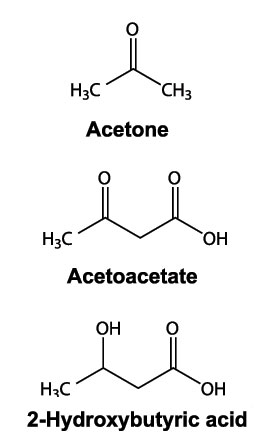
What is Ketogenesis?
Ketogenesis is a biochemical process through which the body breaks down fatty acids into ketone bodies (1).
Synthesis of ketone bodies through ketogenesis kicks in during times of carbohydrate restriction or periods of fasting. When carbohydrate is in short supply, ketones become the default energy source for our body (1).
Ketogenesis may also occur at slightly higher levels of carbohydrate intake. When ketogenesis takes place, the body produces ketone bodies as an alternative fuel to glucose.
This physiological state is known as ‘nutritional ketosis’.
There are various methods people can use to test if they are “in ketosis”.
It is also worth noting that ‘ketosis’ and ‘ketoacidosis’ are very different things. For more on this topic, see this guide to how ketoacidosis relates to a ketogenic diet.
What Are Ketone Bodies?
Ketone bodies are water-soluble compounds that act as a form of energy in the body.
There are three major types of ketone body (2):
- Acetoacetate
- Beta-hydroxybutyrate
- Acetone (a compound created through the breakdown of acetoacetate)
As an alternative energy source to glucose, these ketones can also satisfy our body’s energy requirements.
However, unlike glucose, ketone bodies do not impact blood sugar or insulin levels.
Related Articles

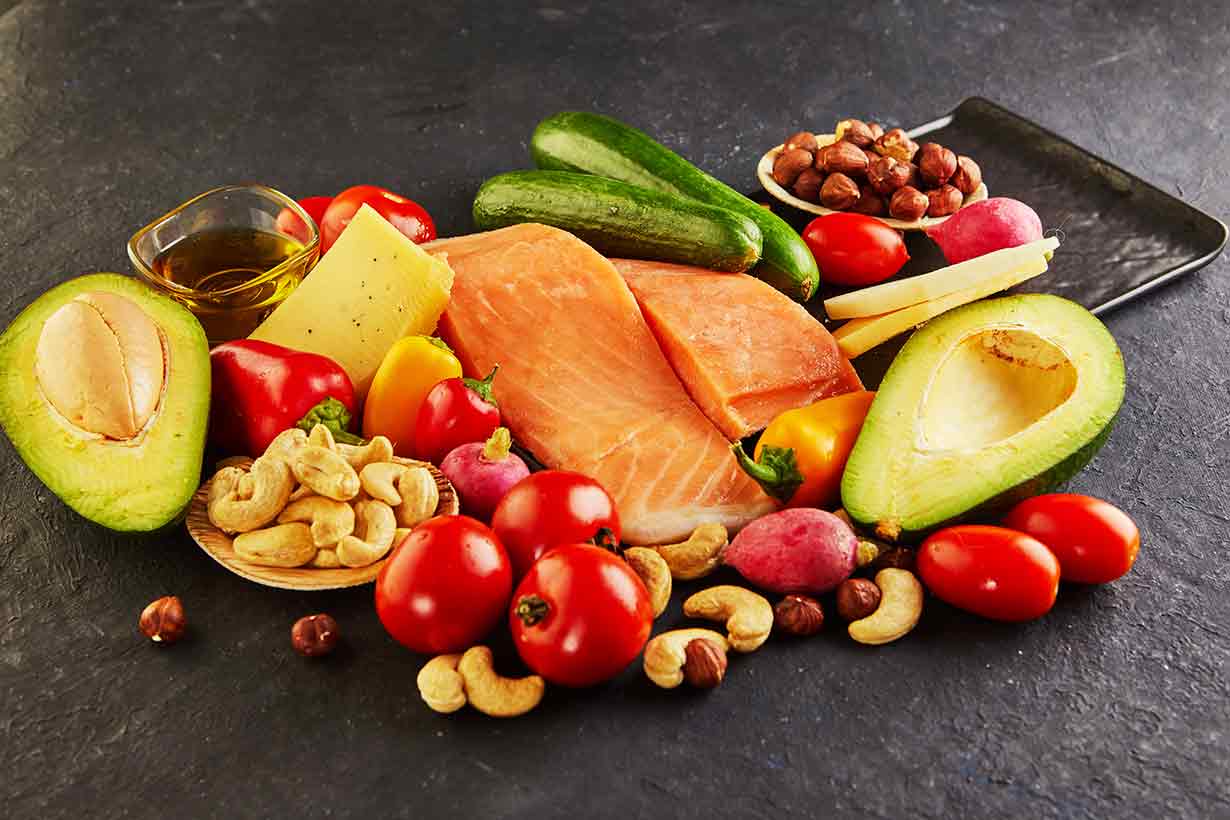
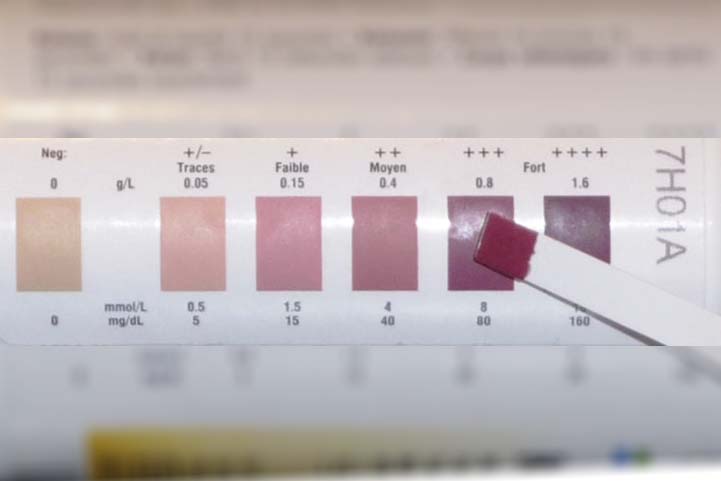
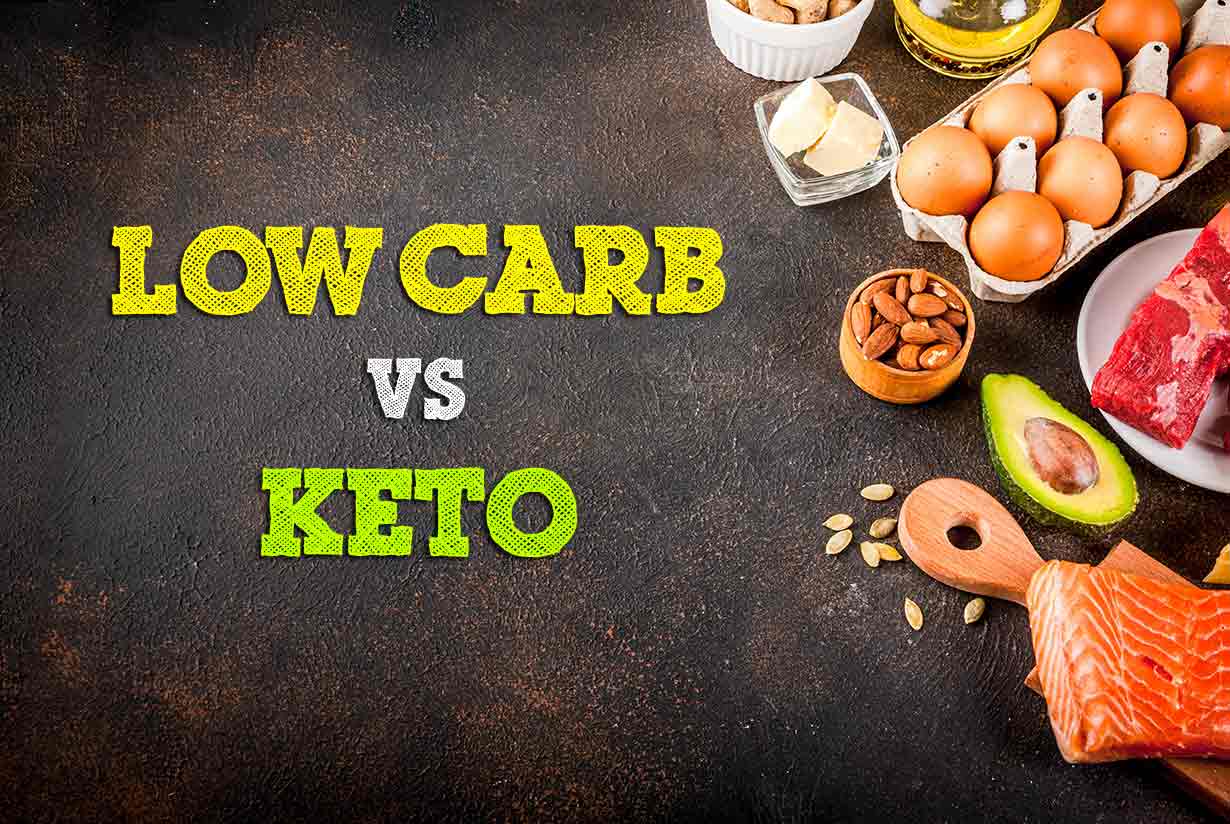
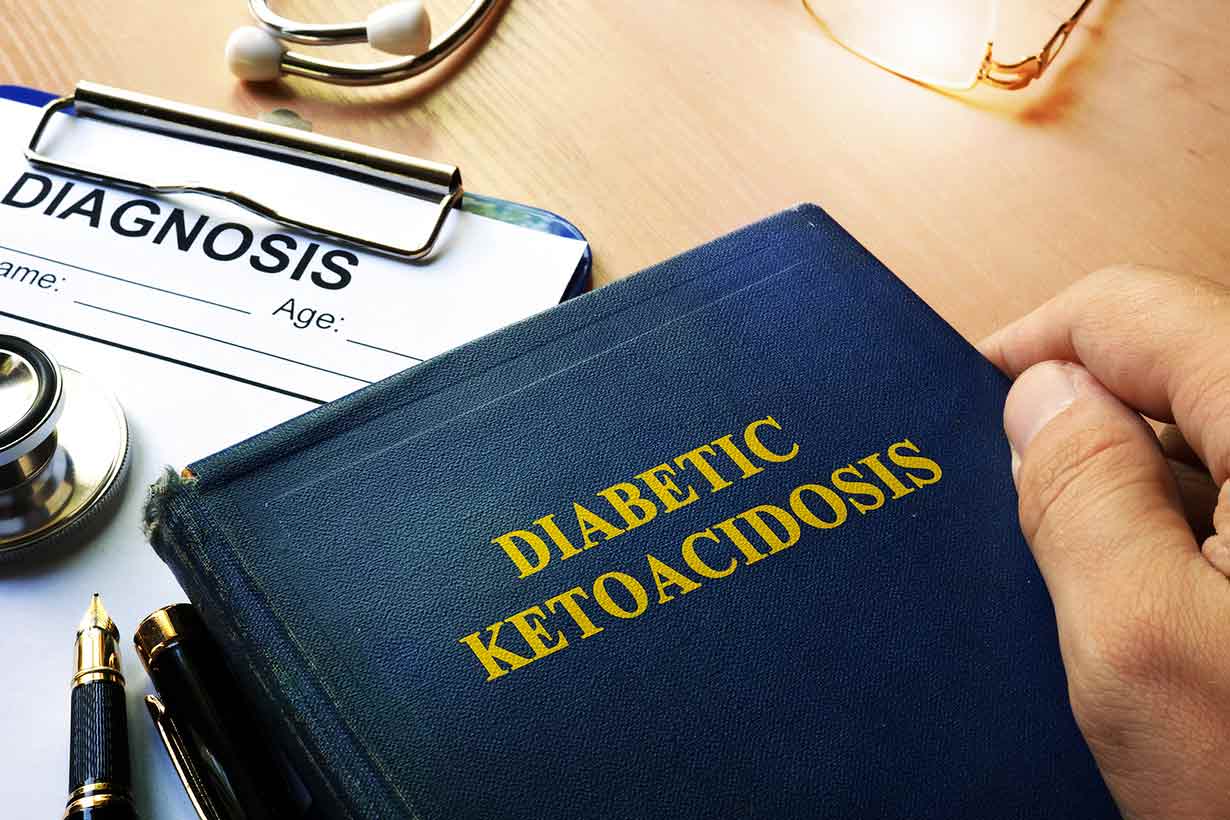
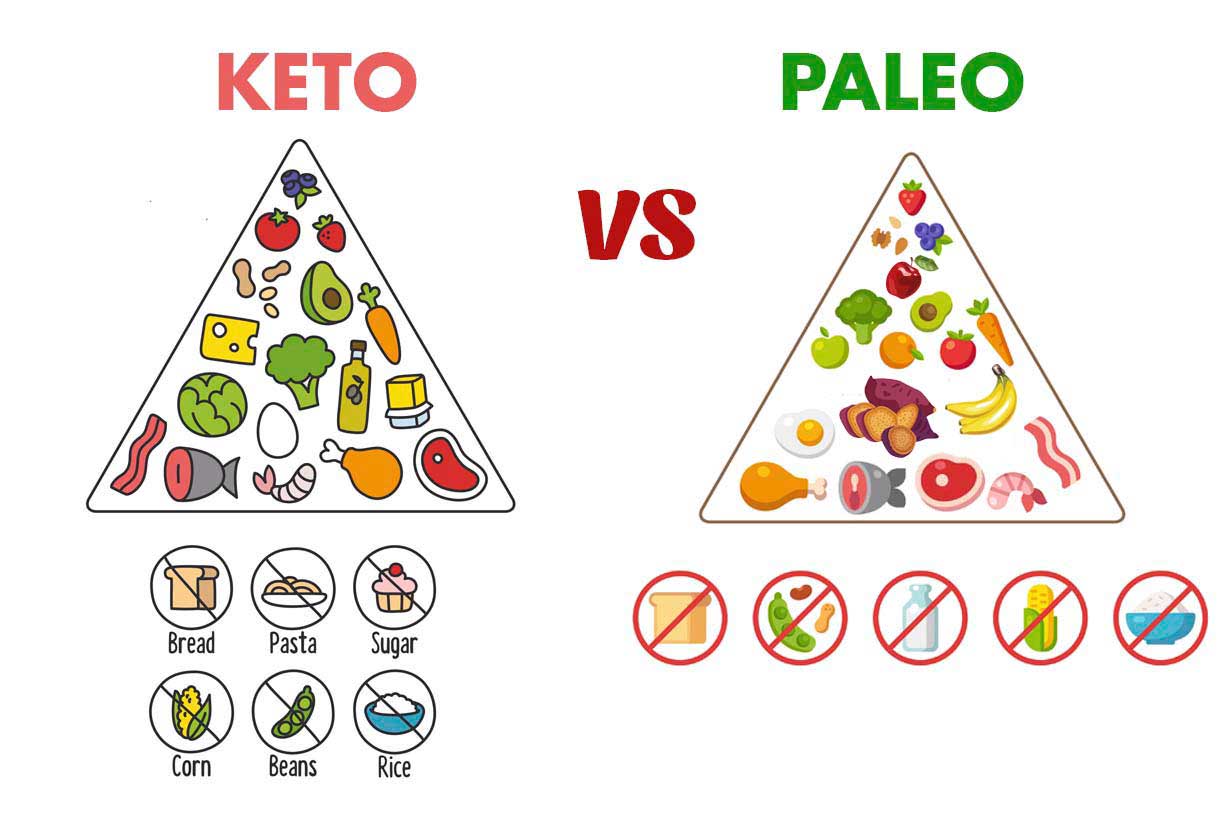
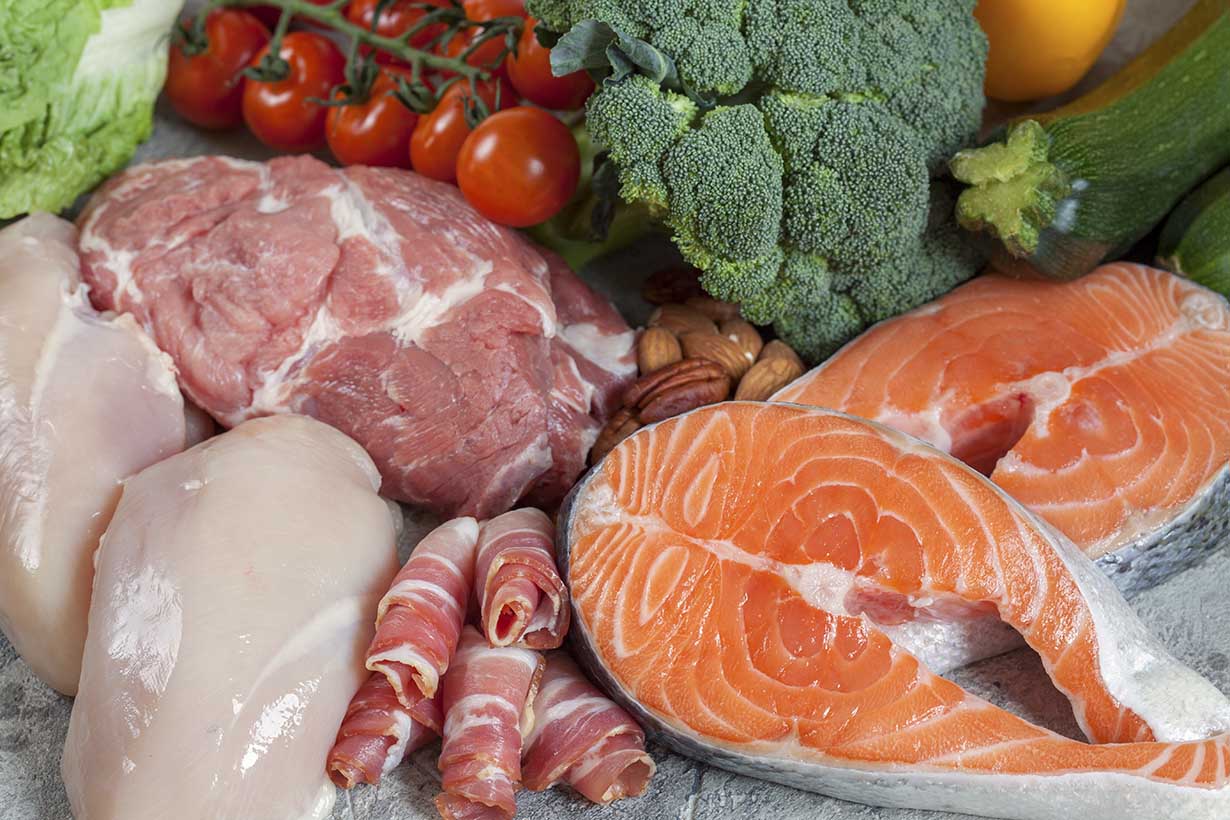

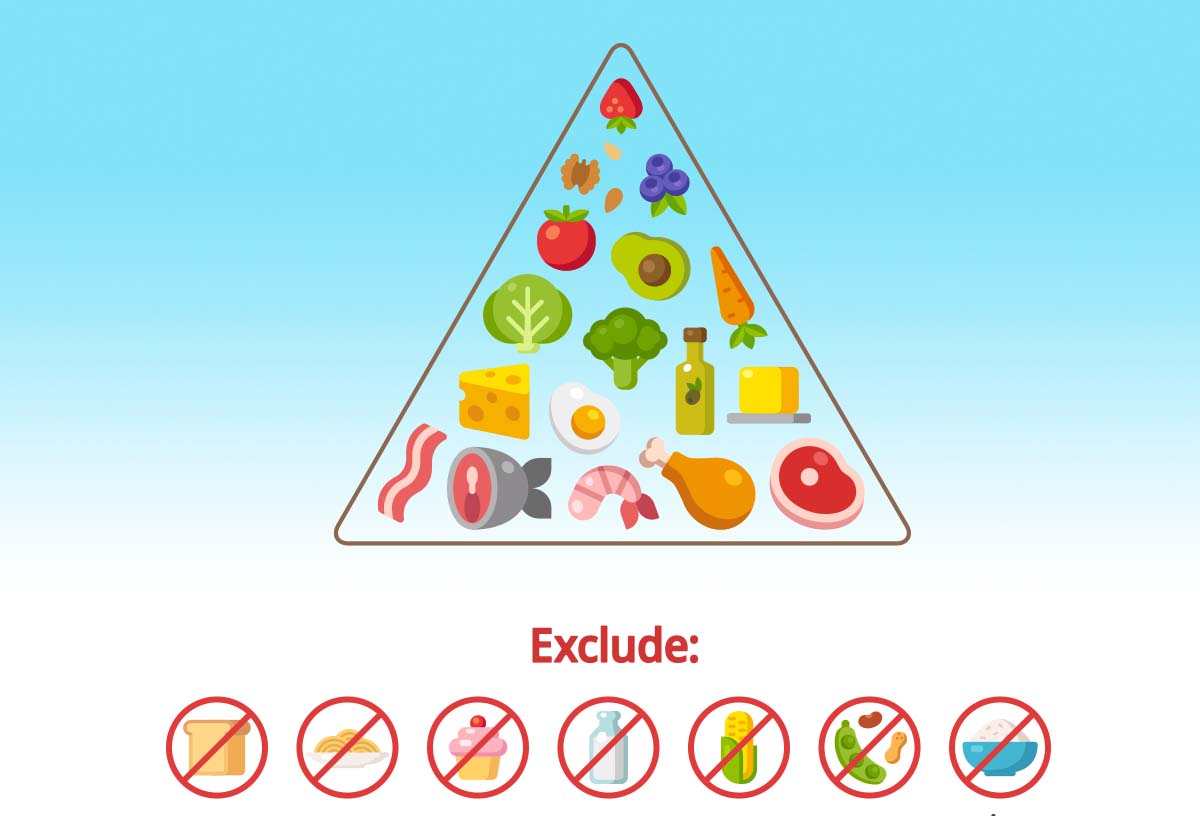
What about acidosis and resulting complications dehydration, hypotension and shock…..?????…..
Providing someone is healthy then ketoacidosis is a non-issue, the body is able to regulate ketones and keep them in balance. Like always, diabetics should discuss with their doctor before starting any new diet.
More on this subject here: https://nutritionadvance.com/keto-flu/
This topic is very good, thank you.
Thanks, Wiwiek.
Glad it was of use!
Thank you for the insightful information. However, you only listed the positive effects of ketone body. Are there any negative effects?
Yes, this was solely on the potential benefits.
There are some negative effects but not everybody experiences them. Some individuals experience what people refer to as “keto flu” when first starting a very low carb diet: https://www.nutritionadvance.com/keto-flu
please tell more about the most important thing in keto diet is about whole and unprocessed food. What kind of food that could be negative effect in keto diet ?
Hi Ima,
Basically, the nutrient profile is a bigger indicator of how healthy a food is than the type of macronutrient (carbs/fat) it contains.
For example, coconut oil and butter… they are fine. Good for cooking, and they make our food tastier. But if huge amounts of calories are coming from them, then we are displacing more nutritious options that are full of vitamins and minerals.
Also, various fried foods can be “keto,” but they may be using unhealthy vegetable oils, so they still wouldn’t be supportive of good health.
I am diabetic and i started to take keto diet a month and four ago. My HBA1C dropped from 7.0 yo 5.9 in this short time. But my lipids are sky rocketing. Triglycerides Jumped to 352 from 200. Total cholesterol jumped ftom 185 to 412. But isn’t this contrary to what you said like it will improve triglycerides to HDL ratio? Of course my HDL went upto 46 frm 34. But still the ratio moved to the wrong side. Coild you please throw some light on this?
Hi Ravindra,
Did you lose any weight during this time? Sometimes people notice that triglyceride levels rise during fat loss.
Otherwise, providing someone isn’t overeating / consuming an excessive amount of calories, this would be quite unusual.
It may be worth seeing a doctor as he/she will know your medical history and be able to give personalized advice.
This article here talks about cholesterol on a ketogenic diet: https://ketodietapp.com/Blog/lchf/high-cholesterol-on-a-keto-diet-should-you-be-concerned
It’s an informative read, written by a low-carb supportive dietitian. I recommend having a read.